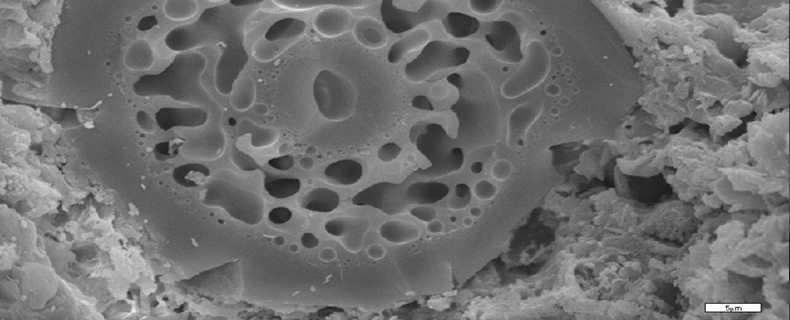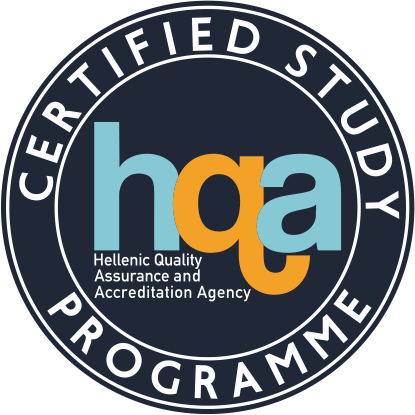| School | Natural Sciences | ||||||||||
| Academic Unit |
Geology Department | ||||||||||
| Level of Studies |
Undergraduate | ||||||||||
| Course Code |
GEO_703 | ||||||||||
| Εξάμηνο σπουδών | 5ο | ||||||||||
| Course Title |
Engineering Seismology | ||||||||||
| Independent Teaching Activities |
Lectures and laboratory work | ||||||||||
| Weekly Teaching Hours |
2 (lectures), 2 (laboratory) | ||||||||||
| Credits | 3 | ||||||||||
| Course Type |
Science field, Skills Development | ||||||||||
| Prerequisite Courses |
Basic knowledge of Seismology | ||||||||||
| Language of Instruction & Examinations |
Greek | ||||||||||
| Is the Course offered to Erasmus Students |
Υes, in English | ||||||||||
| Course Web-Page (URL) | https://eclass.upatras.gr/courses/GEO342/ | ||||||||||
| Learning Outcomes |
During this course the student acquires basic knowledge in Engineering Seismology and especially in subjects like seismic hazard, seismic risk and soil response, after successful completion the student will:
Knowledge The course aims to provide knowledge related to the methods and principles used by Engineering Seismology in seismic risk mitigation. Through the class the students will become familiar with modern methodologies in Engineering Seismology and how these can be applied to antiseismic construction. Abilities
|
||||||||||
| General Competences |
By the end of this course the student will, furthermore, have developed the following skills (general abilities):
|
||||||||||
| Syllabus |
Laboratory exercises in Engineering Seismology subjects: earthquake statistics, processing of strong ground motion records, seismic hazard, microzonation methods etc |
||||||||||
| Delivery | Lectures and computer laboratory training using specific seismological software | ||||||||||
| Use of Information & Communication Technology |
Use of Information and Communication Technologies (ICTs) in teaching. The lectures content of the course, for each chapter, are uploaded in the eclass platform. Students are trained in seismological software use in the Department’s computer lab. Interaction with students is done through eclass platform also. | ||||||||||
| Teaching Methods |
|
||||||||||
| Student Performance Evaluation |
The assessment is done in the following way: Written examination after the end of the semester which includes
|
||||||||||
| Attached Bibliography |
|






























